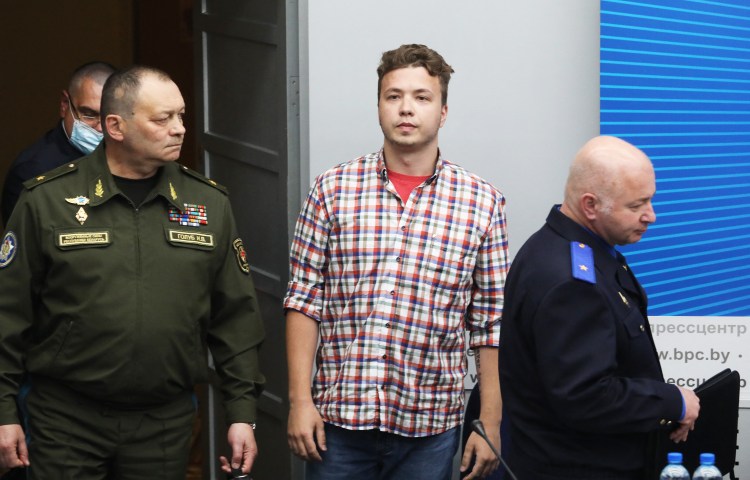
Why authoritarian governments force journalists like Belarus’s Raman Pratasevich into public confessions
Forced confessions—sometimes tied to public humiliation—have a long and inglorious history, and were a fundamental component of ancient judicial systems in the East and West. Obtaining a confession, by any means, for centuries was often a key part of achieving a conviction and meting out punishment. At the Salem witch trials, the accused could escape…
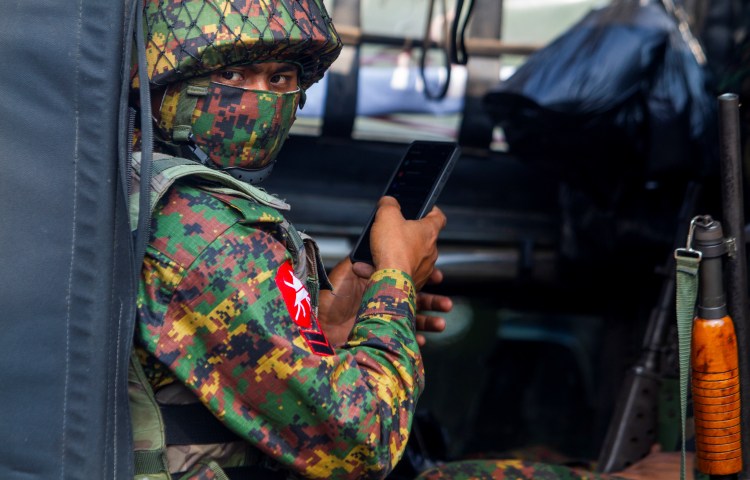
Journalists struggle to work amid extended internet shutdowns in Myanmar, Ethiopia, Kashmir
By CPJ Africa and Asia Program Staff Even a brief shutdown of the internet impedes the press from doing its job. But some disruptions last for months, severely undermining safety and access to information, CPJ has found. Recently, authorities have imposed such measures in Myanmar and Ethiopia amid serious crises. India leads the world in internet…
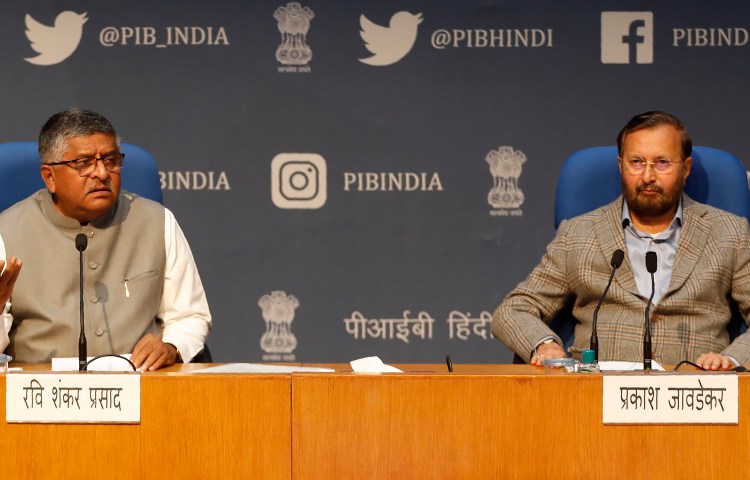
Digital media rules empower Indian government to censor online news
Digital news sites in India are on edge and expecting the worst after the government promulgated news rules in February, bringing them under regulation and further endangering the environment for press freedom in the country. The rules, in essence, give the government powers to censor website content, with little chance for appeal. In interviews with…
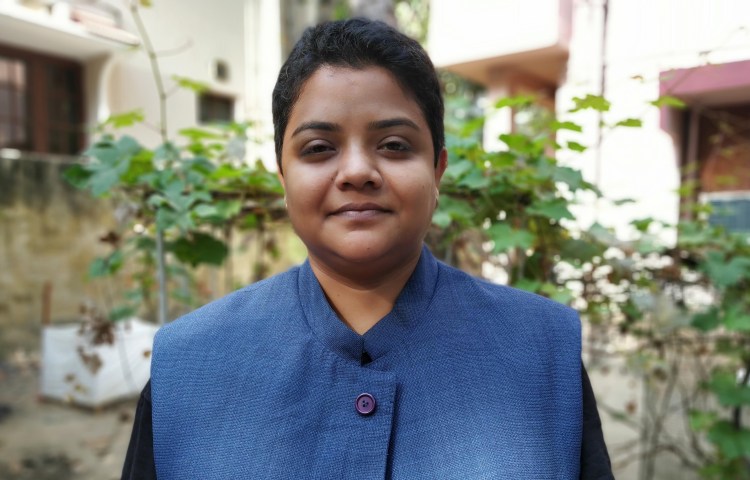
Indian journalist Sandhya Ravishankar describes ‘conflict zone for female journalists’ ahead of Tamil Nadu elections
Political campaigning in the Indian state of Tamil Nadu has hit a fever pitch as the state prepares for elections on April 6. The contest is between political alliances led by the incumbent All India Anna Dravida Munnetra Kazhagam (AIADMK) party and the Dravida Munnetra Kazhagam (DMK), the main opposition party. The campaigns pose heightened…
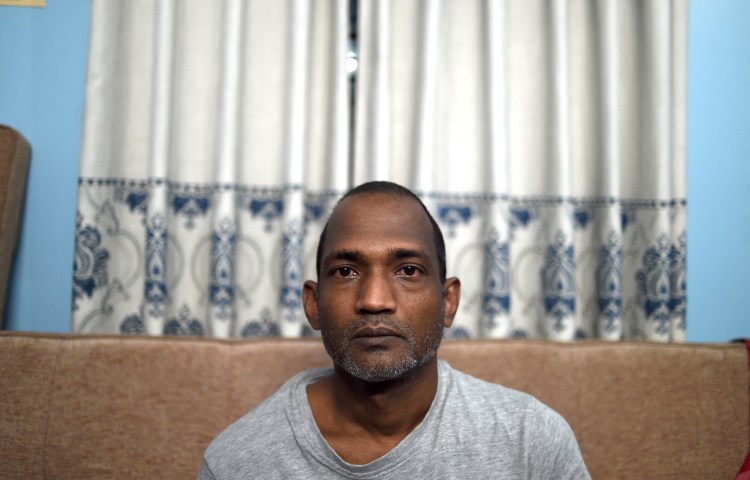
Jailed under Digital Security Act, Bangladeshi cartoonist Kabir Kishore says he was tortured
Bangladeshi cartoonist Kabir Kishore’s first stop after he was released from prison on March 4 after 10 months in custody was the hospital, where he was treated for a burst eardrum, leg injuries, diabetes, and other ailments after being taken from his home, jailed, and allegedly tortured. Days before his release, his colleague Mushtaq Ahmed, a co-accused…
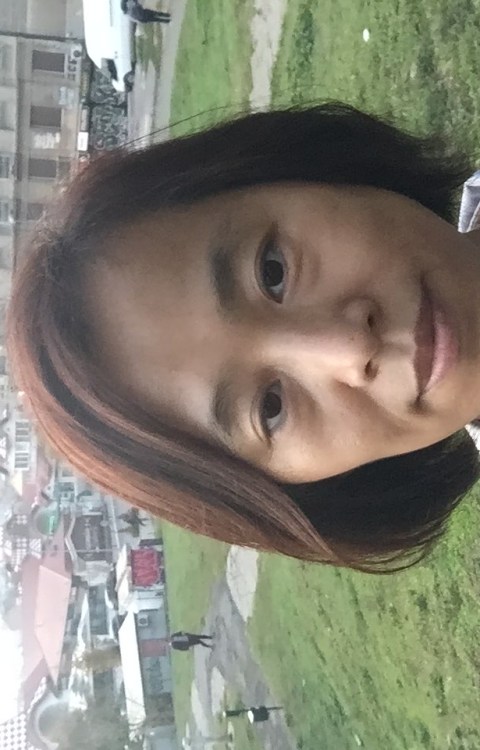
‘I had escaped death’: 64 Tianwang journalist Wang Jing recounts her traumatic imprisonment in China
Most journalists jailed in China are afraid to speak out after their release. In a rare interview, Wang Jing, who is now in the United States seeking asylum, has recounted her imprisonment and alleged torture in China. Wang was arrested in 2014 when she was reporting on a protest for the now-defunct news outlet 64 Tianwang. In…

CPJ joins calls for tech firms and Indian government to ensure free access to information
The Committee to Protect Journalists today joined nine other human rights and free expression groups in a statement urging social media platforms to respect human rights, and for the Indian government to withdraw new regulations that could stifle free speech online. The statement listed some of the Indian government’s recent efforts to silence criticism and…
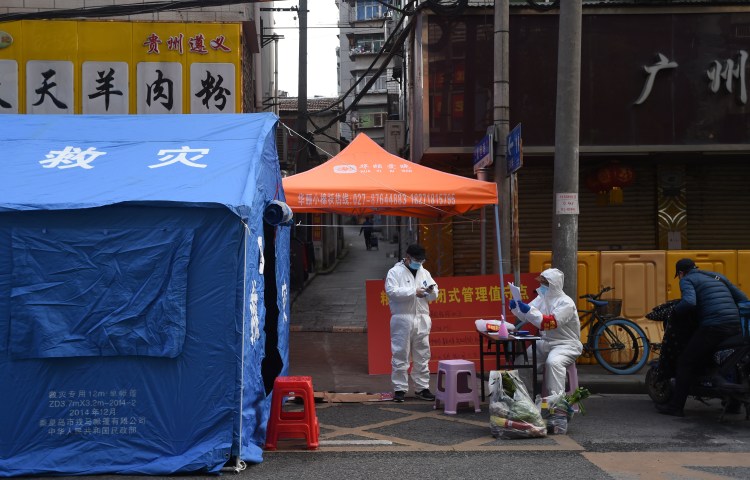
Foreign correspondents in China face COVID-19 restrictions and expulsions, FCCC finds
The Foreign Correspondents’ Club of China found that “media freedoms deteriorated significantly in 2020” in its annual report, released Monday. The report, titled “Track, Trace, Expel: Reporting on China Amid a Pandemic,” surveyed 150 club members representing news organizations from 30 countries and regions. In 2020, China used the COVID-19 pandemic to impose restrictions on…
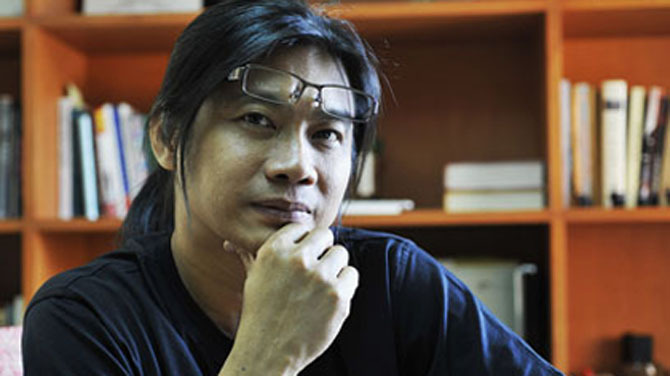
Irrawaddy editor Aung Zaw speaks to fears of a post-coup media crackdown in Myanmar
On February 1, Myanmar military overthrew the country’s democratically elected government and imposed a year of emergency rule until new elections are held and democracy restored. News reports have shown the coup has been met with spirited and widespread anti-military street protests, reportage the now-ruling military has tried to blackout through heavy handed measures including…
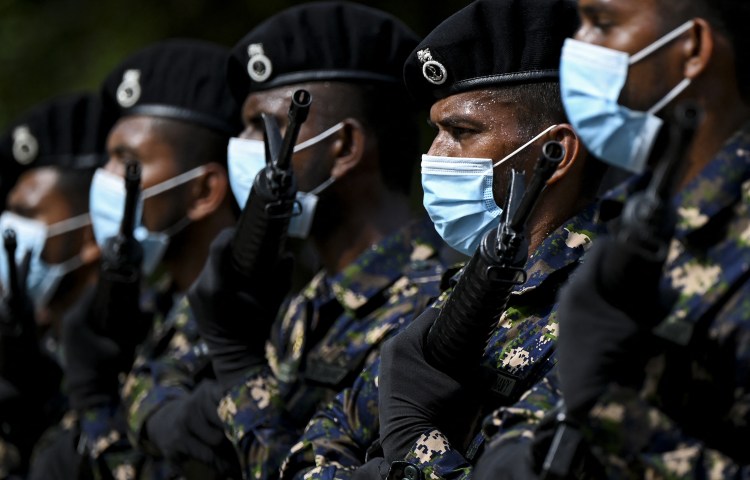
CPJ joins call for accountability in attacks on journalists in Sri Lanka
The Committee to Protect Journalists joins the Center for Justice and Accountability in calling on the United Nations Human Rights Council to take action against impunity in attacks on journalists in Sri Lanka. In a report released today, the Center for Justice and Accountability, with support from CPJ, outlined the Sri Lankan government’s systematic and…